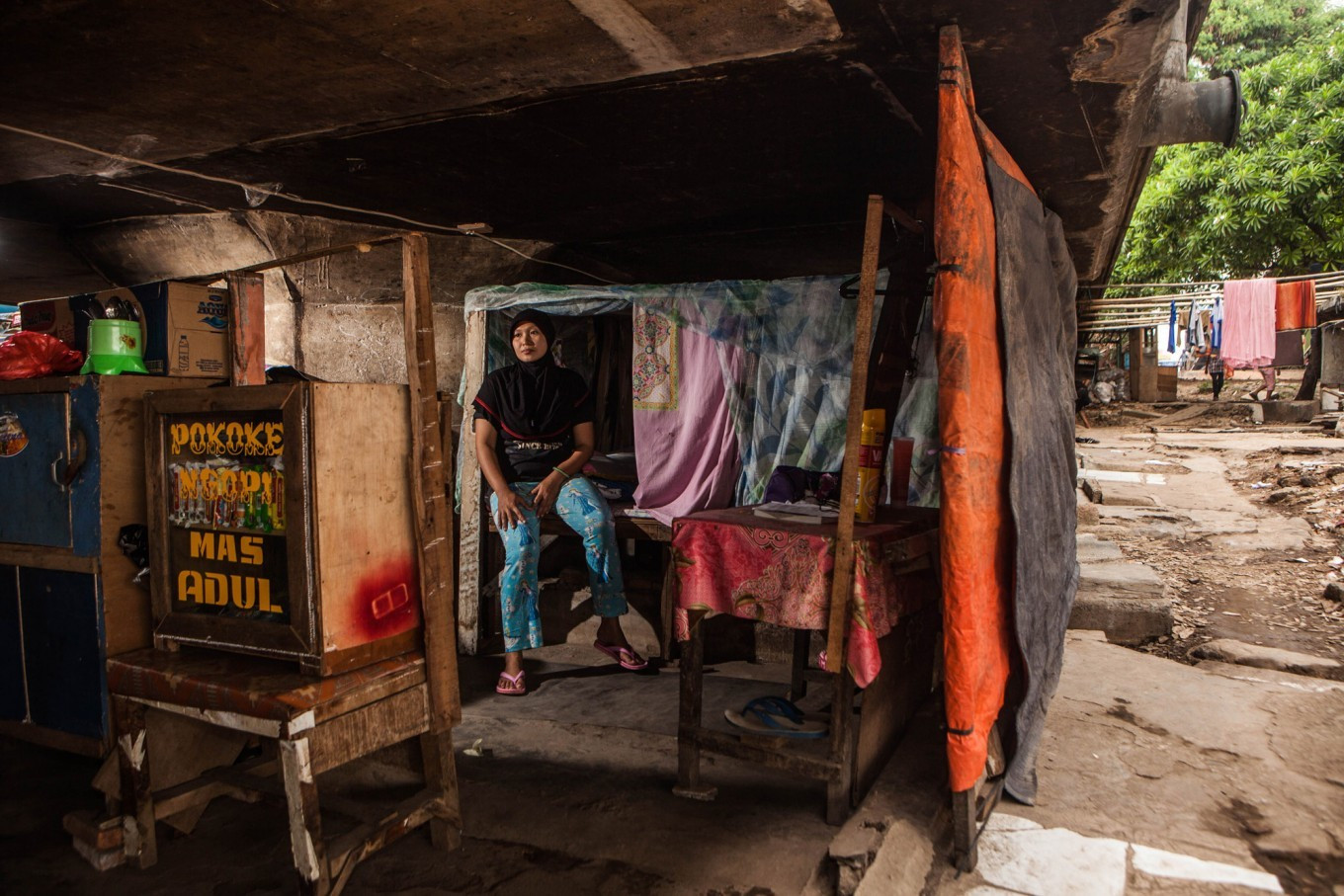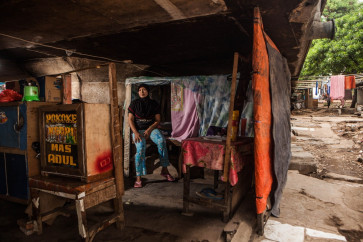Popular Reads
Top Results
Can't find what you're looking for?
View all search resultsPopular Reads
Top Results
Can't find what you're looking for?
View all search resultsAnalysis: Mass launch of Red and White co-ops risks fiscal loss, local mismanagement
Change text size
Gift Premium Articles
to Anyone
T
he government has pressed ahead with launching the Red and White Rural Cooperative (KDMP) as President Prabowo Subianto’s latest flagship economic initiative, despite the ongoing deliberation of the Cooperatives Law revision at the House of Representatives. July 21, 2025, witnessed the inauguration of 80,081 KDMPs nationwide with an aim to spur grassroots economic growth. However, the program’s design, which leverages village funds as collateral, poses risks not only to state finances but also to the broader goals of sustainable rural development.
At the time of the launch, only 108 KDMPs were operational. A Finance Ministry circular derived from Presidential Instruction No. 9/2025 effectively made KDMP participation a prerequisite for receiving the second tranche of this year’s Village Fund. Each KDMP is eligible to receive up to Rp 3 billion (US$183,920) in its first year of operation, to be financed by a combination of the state budget, regional budget, village funds and so-called super microfinancing from state-owned banks. The government also plans to deploy 1 million managers for operational support.
State-owned enterprises (SOEs) have a huge part in rolling out the rural cooperatives program. State-owned banks are tasked with disbursing microcredit (KUR) and other financing schemes while also serving as Laku Pandai, or branchless banking agents, for KDMPs. The national postal service Pos Indonesia will handle logistics, enabling KDMPs to serve as official postal agents, offering stamp duties and remittance services. Telkom Indonesia is responsible for digital services, while Pertamina will provide subsidized liquefied natural gas. In the food and agriculture sector, Pupuk Indonesia will provide fertilizers and pesticides, while the State Logistics Agency (Bulog) and ID Food will provide staple goods.
KDMPs are to be equipped with infrastructure such as warehouses, cold storage units, delivery vehicles and retail outlets to streamline rural supply chains. Each cooperative is envisioned to fulfill multiple functions in their community: as a staple food store, village pharmacy, health clinic, savings and loans service as well as a social assistance distribution point. To support these operations, each KDMP is eligible for a maximum Rp 3 billion in subsidized KUR, with interest rates capped at 6 percent per annum. The loan terms range up to six years for working capital and up to 10 years for investment. However, critical legislation to establish a Cooperatives Supervisory Authority and a Cooperatives Deposit Insurance Corporation is pending.
In parallel, the Energy and Mineral Resources Ministry is exploring the feasibility of authorizing KDMPs to manage the coal deposits of companies with expired contracts of work, based on Law No. 2/2025 on mineral and coal mining. However, ministry officials have cautioned that eligible cooperatives must meet competency standards and experience criteria. Due to limited capital, most cooperatives are expected to engage only in small-scale sand and rock mining activities.
Despite these grand ambitions, critics warn of significant financial risks. The Center of Economic and Law Studies (CELIOS) estimates that if all 80,000 cooperatives max out their Rp 3 billion loan ceilings, the state could face potential losses of Rp 28 trillion over six years, assuming a 4.5 percent default rate common among loans for micro, small and medium enterprises (MSMEs). In a worst-case scenario, total losses could reach Rp 85.96 trillion. State-owned banks could also suffer Rp 76.51 trillion in opportunity costs, while the broader economic fallout could include loss in gross domestic product amounting to Rp 9.85 trillion and 824,000 jobs lost.
The Indonesian Ombudsman has also flagged serious governance risks. According to its investigations, some rural cooperatives are dominated by village heads and their families, raising concerns about mismanagement and corruption. The Ombudsman warns that the KDMP program could reinforce existing dominance in village-level politics, which often excludes opposition figures from key deliberative forums. This in turn raises the possibility of the program becoming a political instrument to secure support for the ruling coalition.



















